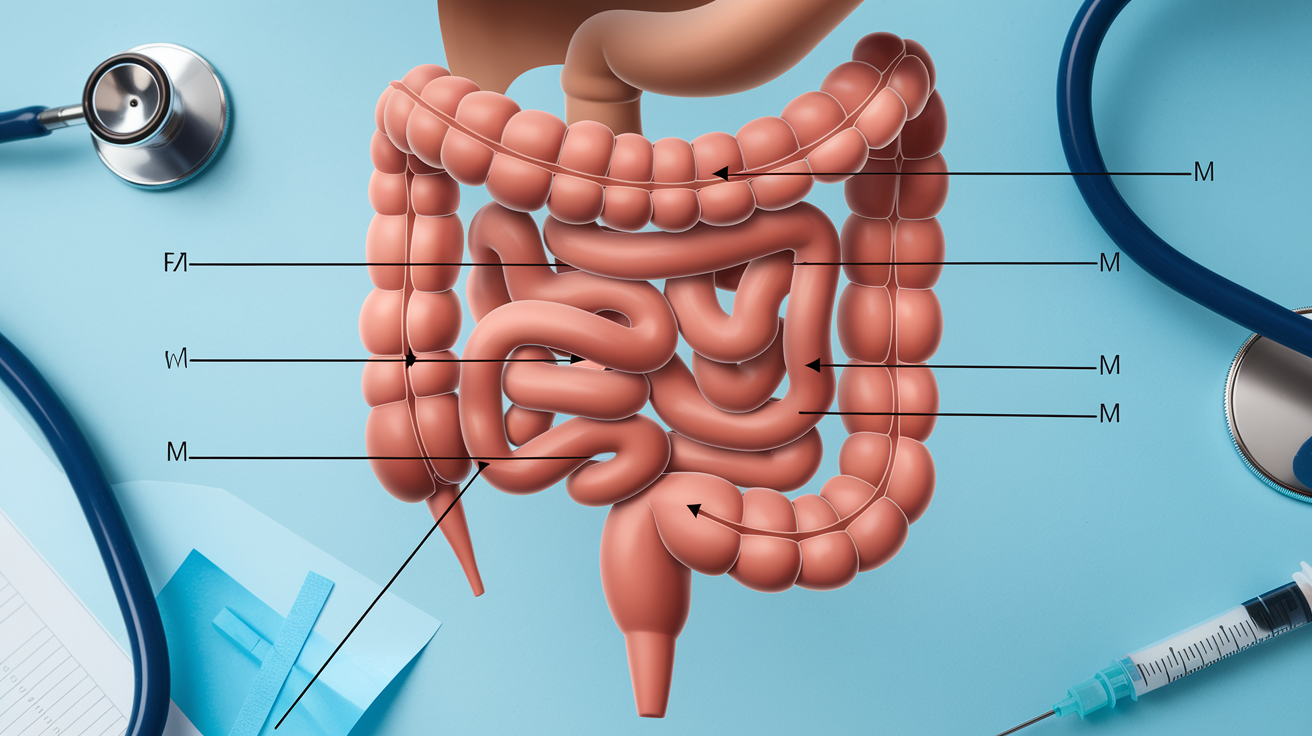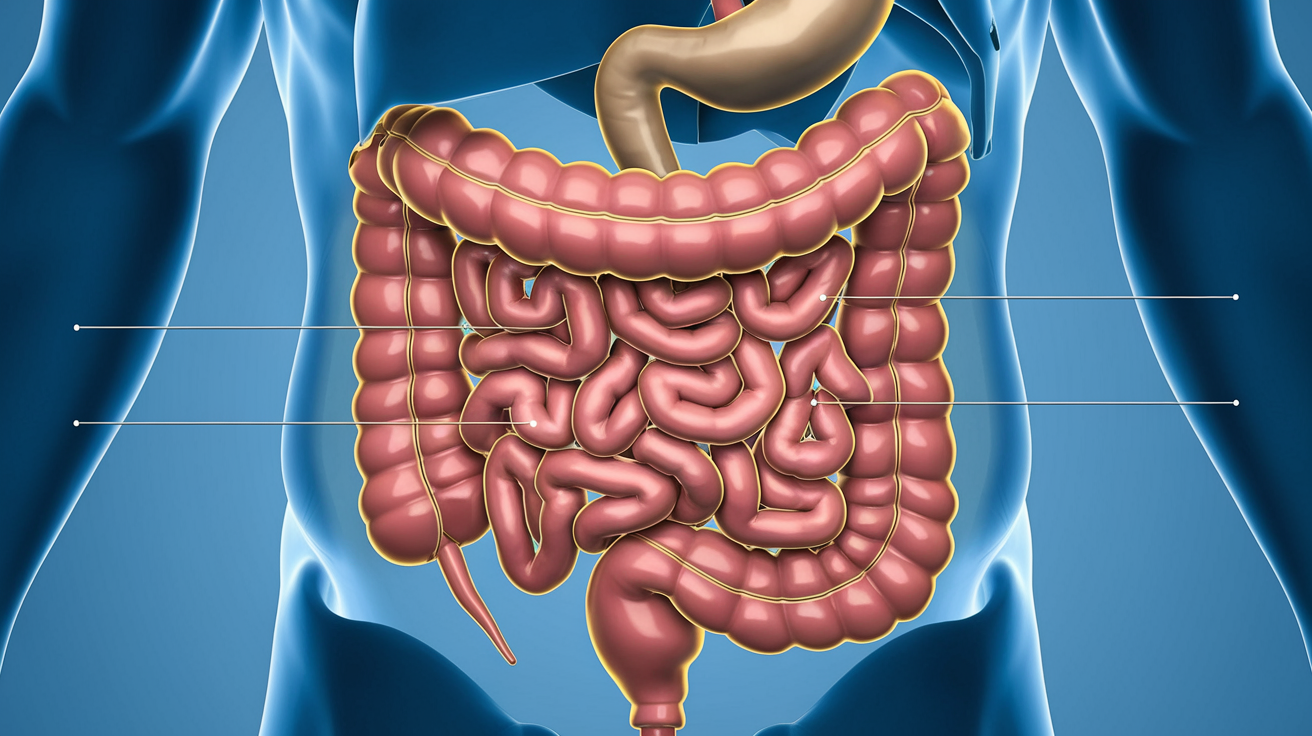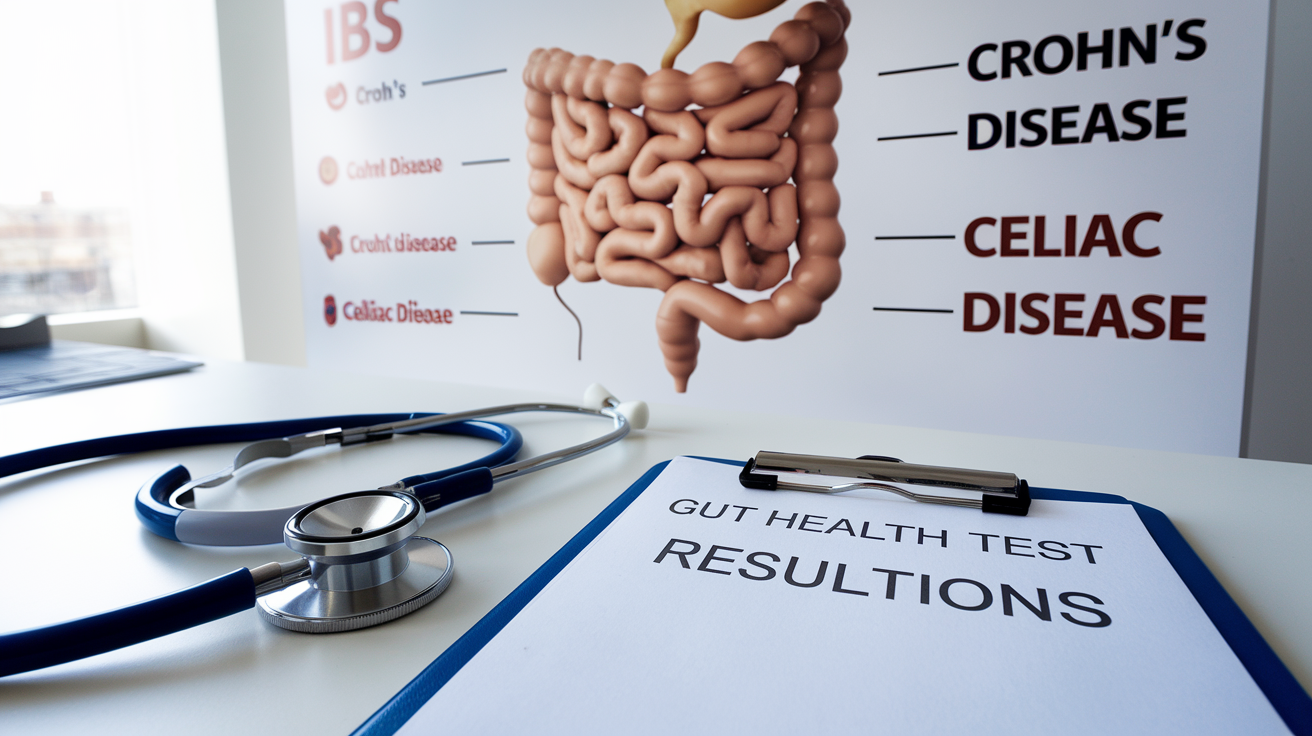Book Appointment Now

how to test gut health

Are you tired of feeling bloated, sluggish, and uncomfortable after meals? Your gut health might be the culprit. 🦠 The intricate ecosystem within your digestive system plays a crucial role in your overall well-being, affecting everything from your mood to your immune system. But how can you know if your gut is functioning optimally?
Testing your gut health is the first step towards understanding and improving your digestive wellness. Whether you’re experiencing chronic discomfort or simply want to optimize your health, uncovering the secrets of your microbiome can be a game-changer. 💪 From simple at-home tests to comprehensive medical examinations, there are numerous ways to gauge the state of your gut.
In this blog post, we’ll dive deep into the world of gut health testing. We’ll start with an overview of why it matters, explore the fascinating functions and anatomy of your digestive system, discuss common conditions and disorders, and finally, provide you with practical tips for gut care. Get ready to embark on a journey towards a happier, healthier gut!
Overview

A. What is the gut microbiome?
The gut microbiome refers to the vast community of microorganisms, primarily bacteria, that reside in our digestive tract. This complex ecosystem consists of trillions of microbes, including:
- Bacteria
- Viruses
- Fungi
- Protozoa
These microorganisms play a crucial role in our overall health and well-being. The gut microbiome is often referred to as our “second brain” due to its significant impact on various bodily functions.
| Microbiome Component | Estimated Number |
|---|---|
| Bacteria | 100 trillion |
| Viruses | 10 trillion |
| Fungi | 1 trillion |
B. Why is the gut microbiome important?
The gut microbiome is essential for numerous aspects of our health:
- Digestion and nutrient absorption
- Immune system regulation
- Mental health and cognitive function
- Metabolism and weight management
- Protection against harmful pathogens
A balanced gut microbiome contributes to overall well-being, while an imbalance (dysbiosis) can lead to various health issues. Understanding and maintaining a healthy gut microbiome is crucial for optimal health.
Now that we’ve covered the basics of the gut microbiome, let’s explore its functions in more detail.
Function

A. What does your gut microbiome do?
Your gut microbiome plays a crucial role in maintaining overall health and well-being. This complex ecosystem of microorganisms performs various essential functions:
- Digestion and nutrient absorption
- Immune system regulation
- Production of vital compounds
- Protection against harmful pathogens
- Influence on mental health
Let’s explore these functions in more detail:
Digestion and Nutrient Absorption
The gut microbiome aids in breaking down complex carbohydrates and fibers that our bodies cannot digest on their own. This process results in the production of short-chain fatty acids (SCFAs), which are essential for:
- Providing energy for colon cells
- Regulating appetite
- Supporting gut barrier function
Immune System Regulation
Your gut microbiome interacts closely with your immune system, helping to:
- Train immune cells to recognize harmful pathogens
- Produce antimicrobial compounds
- Maintain a balanced inflammatory response
| Microbiome Function | Impact on Immune System |
|---|---|
| Pathogen recognition | Improved immune response |
| Antimicrobial production | Enhanced protection |
| Inflammation regulation | Balanced immune activity |
Production of Vital Compounds
The gut microbiome synthesizes several important substances, including:
- Vitamins (K and B-complex)
- Neurotransmitters (serotonin and GABA)
- Enzymes for nutrient metabolism
These compounds play crucial roles in various bodily functions, from blood clotting to mood regulation.
Anatomy

Where is your gut microbiome?
Your gut microbiome, a complex ecosystem of trillions of microorganisms, is primarily located in your large intestine, also known as the colon. However, microbes are present throughout your entire digestive tract, from your mouth to your anus. Let’s break down the distribution of microbes in different parts of your gut:
| Digestive Tract Section | Microbial Density | Key Microbes |
|---|---|---|
| Mouth | Moderate | Streptococcus, Actinomyces |
| Esophagus | Low | Transient microbes |
| Stomach | Low | Helicobacter pylori |
| Small Intestine | Moderate | Lactobacillus, Enterococcus |
| Large Intestine (Colon) | High | Bacteroides, Bifidobacterium |
The colon hosts the highest concentration and diversity of microbes due to its:
- Slower transit time
- Less acidic environment
- Abundance of undigested food particles
Key facts about your gut microbiome’s location:
- It covers a surface area of about 32 square meters
- Contains over 1000 different species of bacteria
- Weighs approximately 1-2 kg in an adult
Understanding the location and distribution of your gut microbiome is crucial for maintaining optimal gut health and overall well-being. Now that we’ve explored where your gut microbiome resides, let’s examine some common conditions and disorders that can affect this vital ecosystem.
Conditions and Disorders

What is dysbiosis?
Dysbiosis refers to an imbalance in the gut microbiome, where harmful bacteria outnumber beneficial ones. This disruption can lead to various health issues and is often a precursor to more serious gut-related conditions.
What environmental factors affect your gut microbiome?
Several environmental factors can impact your gut microbiome:
- Diet
- Stress levels
- Sleep patterns
- Antibiotic use
- Exercise habits
- Exposure to toxins
| Factor | Positive Impact | Negative Impact |
|---|---|---|
| Diet | High-fiber foods, fermented foods | Processed foods, excess sugar |
| Stress | Relaxation techniques | Chronic stress |
| Sleep | Regular sleep schedule | Irregular sleep patterns |
| Antibiotics | Necessary for infections | Overuse, unnecessary prescriptions |
| Exercise | Regular physical activity | Sedentary lifestyle |
| Toxins | Limited exposure | Frequent exposure to pollutants |
What health conditions and disorders relate to my gut microbiome?
The gut microbiome is linked to numerous health conditions:
- Inflammatory bowel diseases (IBD)
- Irritable bowel syndrome (IBS)
- Obesity
- Type 2 diabetes
- Cardiovascular diseases
- Autoimmune disorders
- Mental health issues (e.g., depression, anxiety)
What are common signs or symptoms of a problem with my gut microbiome?
Common indicators of gut microbiome issues include:
- Digestive discomfort (bloating, gas, constipation, diarrhea)
- Unexplained weight changes
- Skin problems (acne, eczema)
- Frequent fatigue
- Food intolerances
- Mood swings or mental health concerns
Can I take a test to check the health of my gut microbiome?
Yes, there are several ways to assess gut health:
- Stool tests: Analyze microbial diversity and composition
- Breath tests: Detect bacterial overgrowth
- Blood tests: Check for specific markers of gut health
- Genetic tests: Identify predispositions to gut-related conditions
Consult with a healthcare professional to determine the most appropriate test for your specific concerns. These tests can provide valuable insights into your gut health and guide personalized treatment strategies.
Care

How do healthcare providers treat gut microbiome conditions?
Healthcare providers employ various strategies to address gut microbiome imbalances:
- Dietary modifications
- Probiotics and prebiotics
- Antibiotics (in specific cases)
- Fecal microbiota transplantation (FMT)
| Treatment | Description | Effectiveness |
|---|---|---|
| Dietary changes | Tailored diet plans to promote beneficial bacteria | High |
| Probiotics | Supplements with live beneficial bacteria | Moderate to High |
| Antibiotics | Used to target harmful bacteria | Varies |
| FMT | Transferring healthy donor stool to patient | High for certain conditions |
What can I do to take care of my gut microbiome?
Maintaining a healthy gut microbiome involves several lifestyle choices:
- Eat a diverse, fiber-rich diet
- Consume fermented foods
- Limit processed foods and artificial sweeteners
- Stay hydrated
- Manage stress through meditation or exercise
- Get adequate sleep
- Avoid unnecessary antibiotics
A note from Cleveland Clinic
At Cleveland Clinic, we understand the crucial role of gut health in overall well-being. Our experts are dedicated to providing personalized care and cutting-edge treatments for various gut microbiome conditions.
Care at Cleveland Clinic
Cleveland Clinic offers comprehensive gut health services:
- Advanced diagnostic tests
- Personalized treatment plans
- Nutritional counseling
- Access to clinical trials
- Multidisciplinary approach involving gastroenterologists, nutritionists, and microbiome specialists
Our team is committed to helping you achieve optimal gut health through evidence-based treatments and ongoing support.

Testing your gut health is an essential step in maintaining overall wellness and preventing digestive issues. By understanding the function and anatomy of your digestive system, you can better identify potential problems and take appropriate action. From common conditions like irritable bowel syndrome to more severe disorders such as inflammatory bowel disease, recognizing the signs and symptoms is crucial for early intervention and effective treatment.
Prioritizing gut health through proper care and regular check-ups can significantly improve your quality of life. Whether it’s adopting a balanced diet, managing stress, or seeking professional medical advice, taking proactive steps to support your digestive system is a wise investment in your long-term health. Remember, a healthy gut is the foundation for a healthier you.


